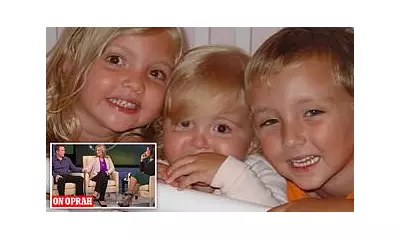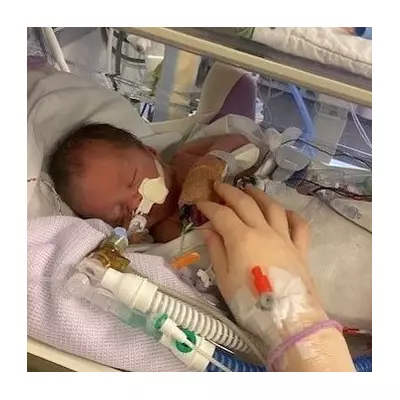
A devastating coroner's report has exposed what officials are calling a 'gross failure' in maternity care that led to the tragic deaths of both a mother and her newborn baby during a planned home birth in West Sussex.
Systemic Failures in Basic Care
The inquest heard shocking details of how midwives from the Sussex Community NHS Foundation Trust missed critical warning signs and failed to follow established protocols. Despite the mother, Rosie McAllister, reporting concerning symptoms including intense pain and bleeding, medical staff did not escalate her care or arrange hospital transfer.
Coroner Penelope Schofield delivered a scathing assessment, stating that 'basic observations were not undertaken' and there was a 'failure to recognise and act upon clear signs of distress.' The sequence of errors culminated in what should have been a joyful home birth becoming an unimaginable tragedy.
Missed Opportunities and Warning Signs
The investigation revealed multiple points where intervention could have saved lives:
- Midwives failed to properly monitor fetal heart rate
- Concerning maternal symptoms were dismissed or overlooked
- No emergency transfer to hospital was initiated despite clear indications
- Critical delays in recognising and responding to complications
NHS Trust Admits 'Unacceptable' Standards
In a sobering admission, the Sussex Community NHS Foundation Trust acknowledged that the care provided 'fell far below the standards we expect.' The trust has launched an immediate review of its home birth protocols and midwife training procedures.
Siobhan Melia, Chief Executive of the trust, offered a formal apology to the grieving family, acknowledging that 'we failed Rosie and her baby in the most fundamental way.'
Broader Implications for Maternity Services
This tragic case has reignited concerns about the safety of home births and the consistency of maternity care across the NHS. Healthcare experts are calling for:
- Enhanced training for midwives in emergency recognition
- Clearer escalation protocols for home birth complications
- Improved communication between community and hospital services
- Regular safety audits of maternity care pathways
The coroner has issued a prevention of future deaths report, demanding urgent action to ensure no other family suffers similar heartbreak. As the NHS confronts these systemic failures, the maternity community faces difficult questions about how to balance the choice of home birth with ensuring absolute safety for mother and child.





